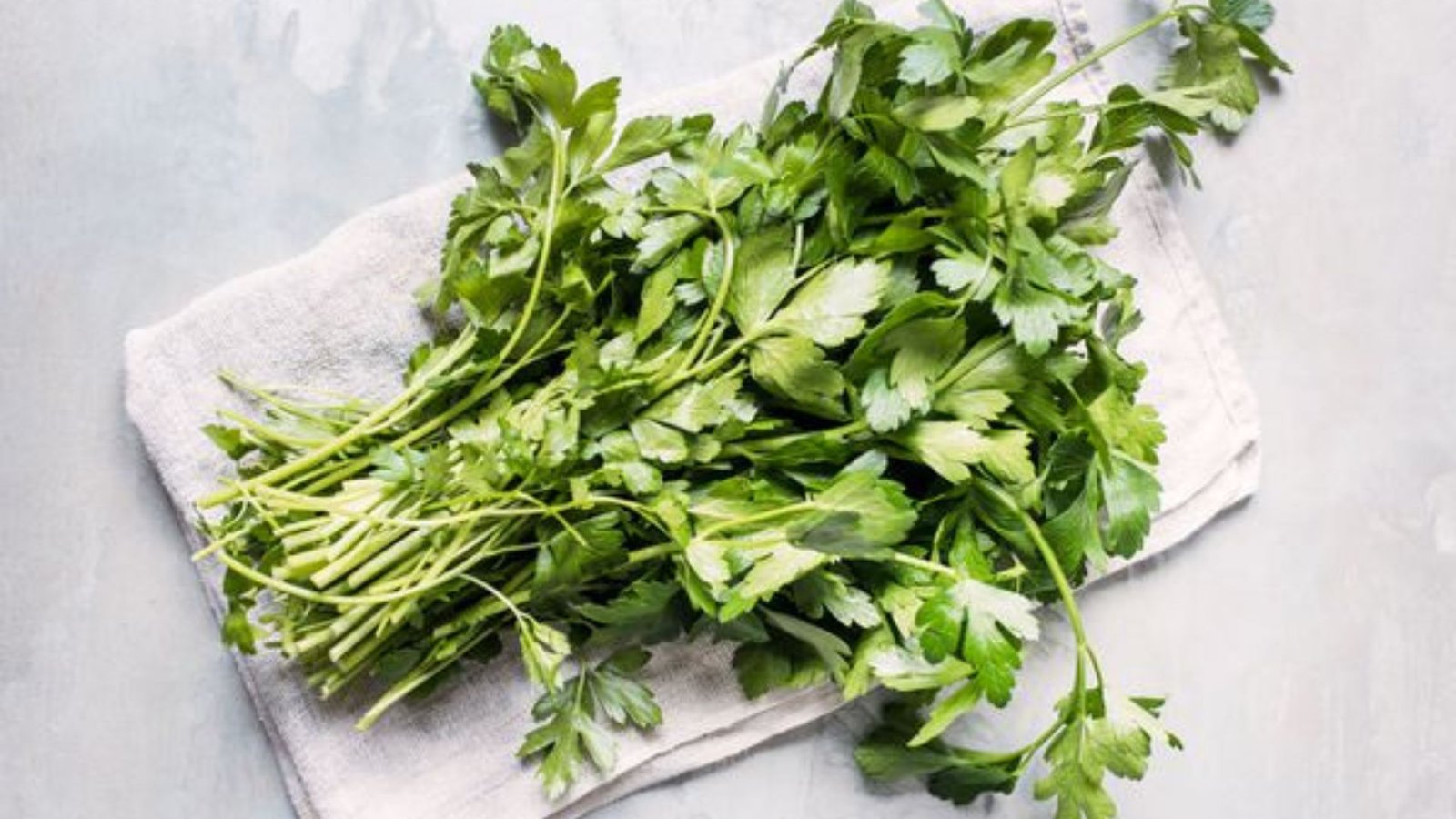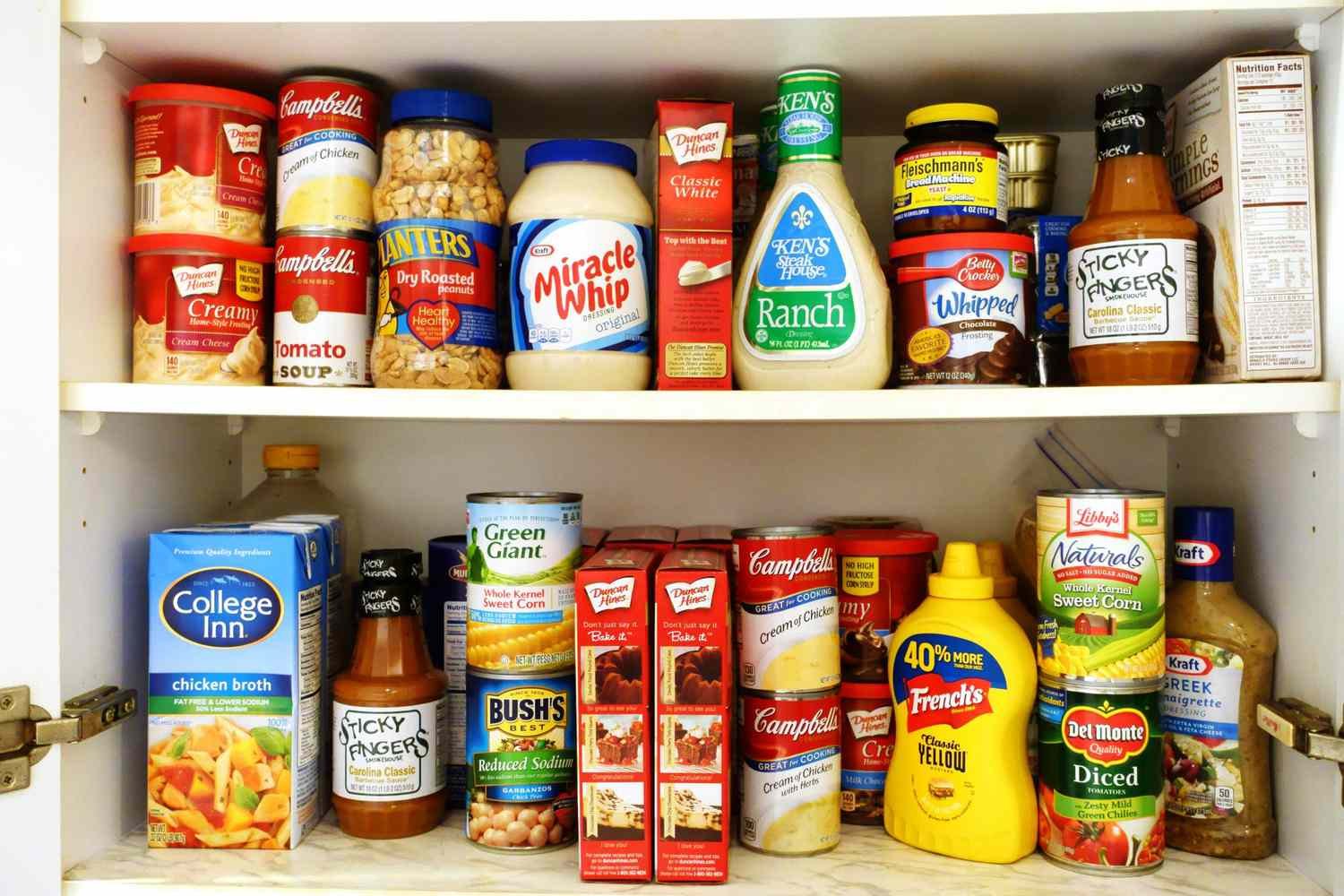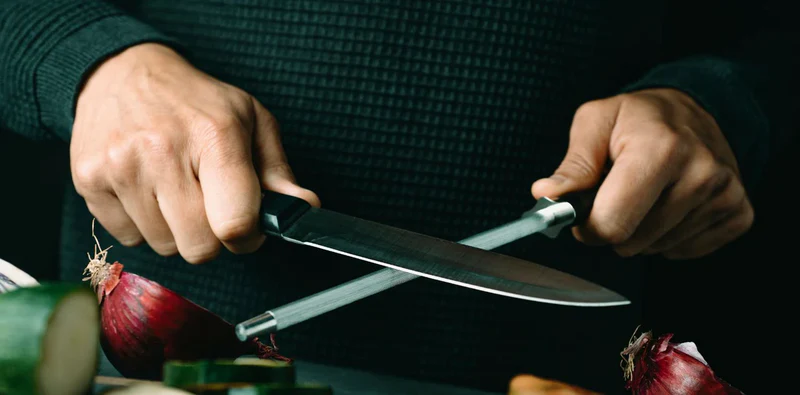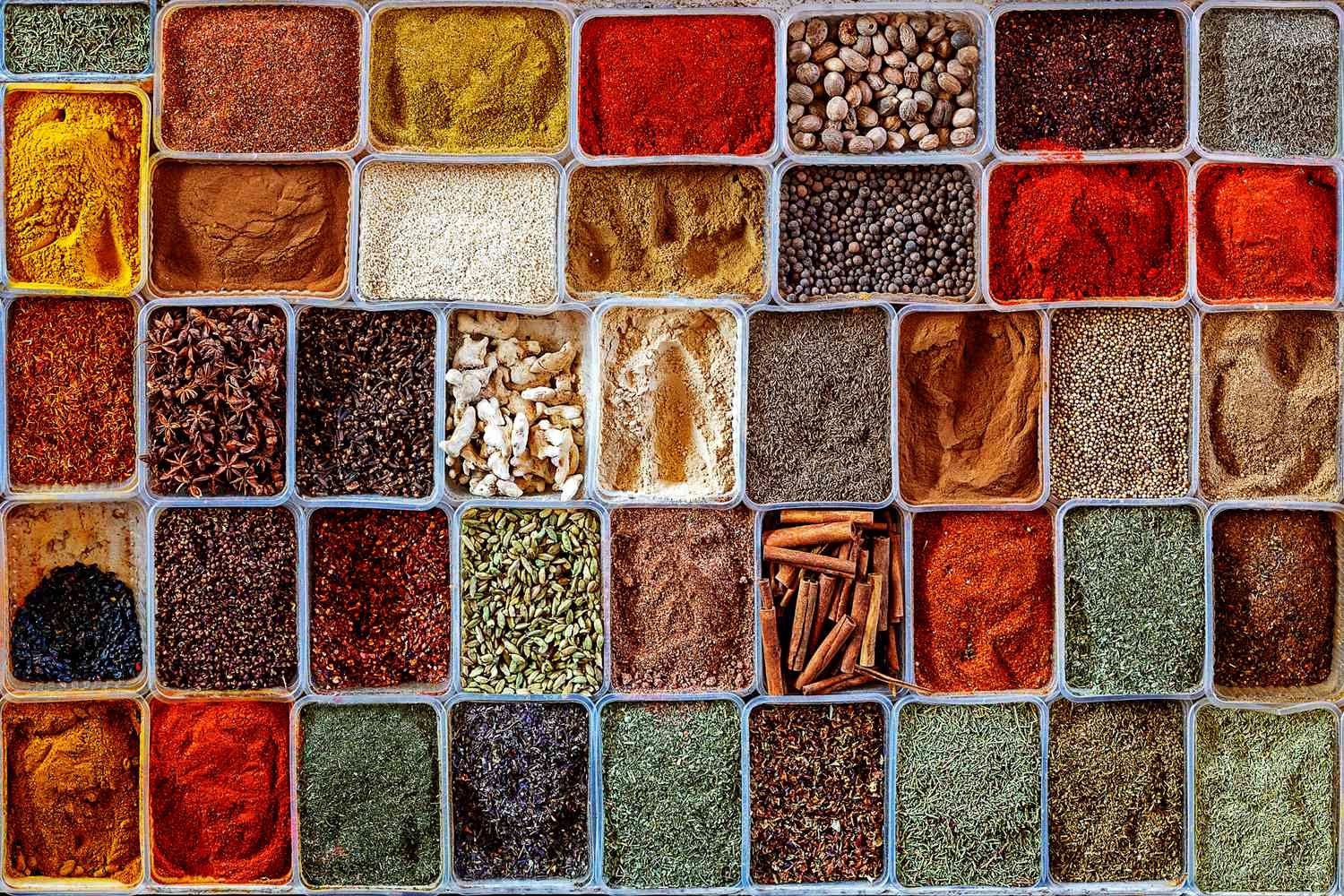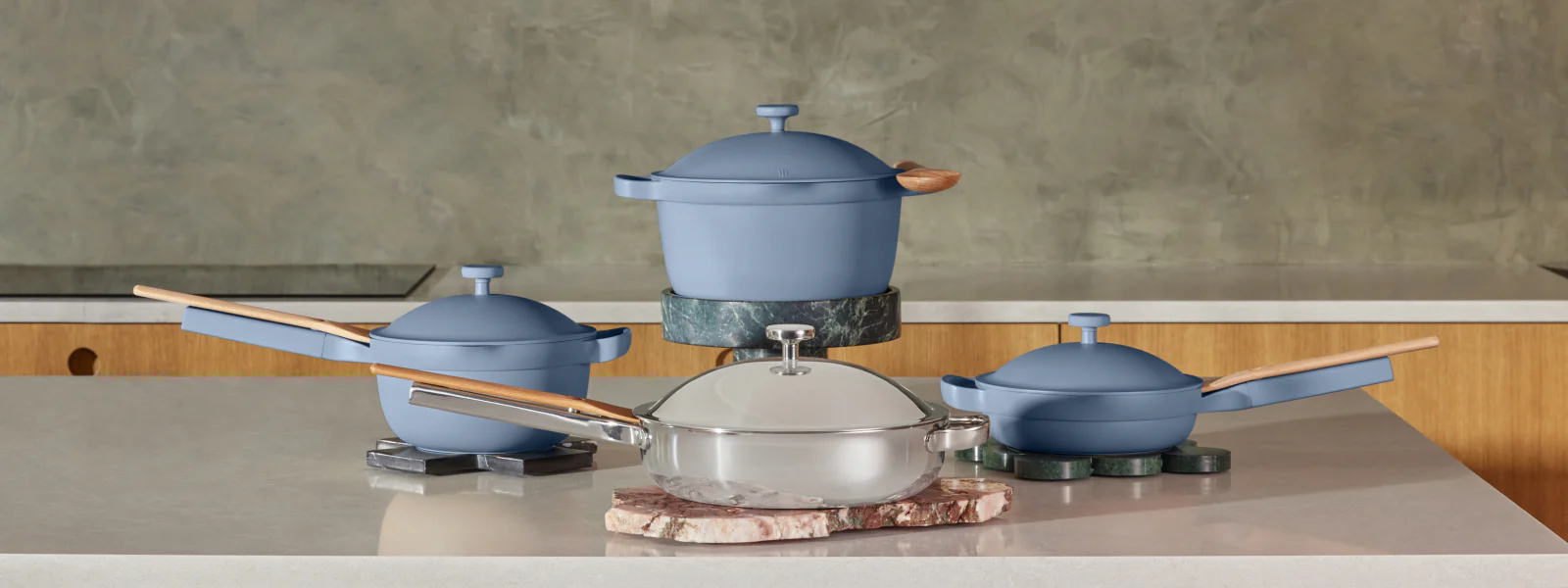Fresh herbs are a wonderful addition to any dish, bringing vibrant flavors and aromas that elevate your cooking. However, knowing how to properly store fresh herbs to maximize freshness is crucial if you want them to last longer and maintain their flavor. With a little care, you can keep your herbs fresh and ready to use for days or even weeks.
1. Sort Your Herbs Before Storing
The first step in learning how to properly store fresh herbs to maximize freshness is to sort them. When you bring herbs home, inspect them for any yellowing, wilting, or damaged leaves. Removing these will help keep the rest of the herbs fresh for a longer time.
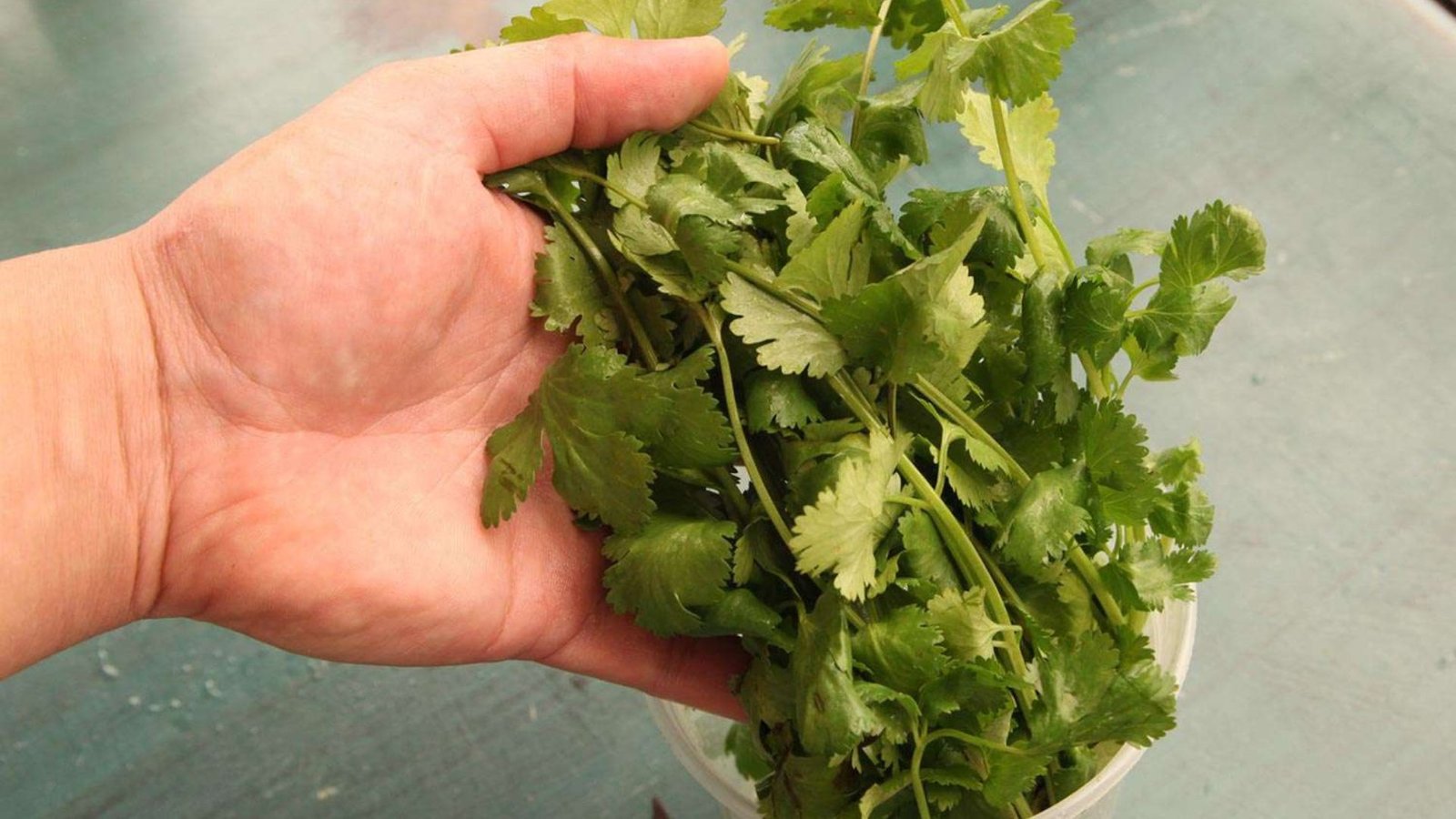
2. Wash and Dry Thoroughly
Clean herbs are easier to store. Rinse them gently under cold water to remove dirt and any residues. Once washed, it’s important to dry them thoroughly. Use a salad spinner or pat them gently with a paper towel. Excess moisture can cause herbs to rot quickly, so drying is an essential step.
3. Choose the Right Storage Method
Different herbs require different storage methods. Some herbs, like parsley and cilantro, stay fresh longer when stored in water, while others, such as thyme and rosemary, do better when kept dry. Understanding the needs of your herbs will help maximize their freshness.
4. Store Soft Herbs in Water
Soft herbs like basil, parsley, and cilantro benefit from being stored like a bouquet of flowers. Trim the stems slightly and place them in a glass or jar filled with an inch or two of water. Cover the leaves loosely with a plastic bag and place the jar in the refrigerator. This method keeps soft herbs fresh for up to a week.
5. Wrap Hard Herbs in Damp Paper Towels
Hardier herbs such as rosemary, thyme, and sage require a slightly different approach. Wrap them in a damp paper towel to maintain moisture without overhydrating them. Place the wrapped herbs in a resealable plastic bag or an airtight container before refrigerating.
6. Avoid Overcrowding
When storing herbs, avoid packing them tightly together. Overcrowding can cause bruising and faster spoilage. Give each herb plenty of space to breathe, which helps maintain their texture and flavor.
7. Keep Basil at Room Temperature
Basil is an exception to the refrigeration rule. Cold temperatures can cause basil leaves to blacken. Instead, store basil in water at room temperature, covered loosely with a plastic bag. This keeps it fresh and green for several days.
8. Use a Herb Saver
Investing in a herb saver can be a great way to prolong the freshness of your herbs. These containers are specifically designed to keep herbs hydrated and protected from the dry air in the refrigerator. They are an excellent option if you use fresh herbs frequently.
9. Freeze for Long-Term Storage
If you find yourself with too many herbs to use before they spoil, freezing is a fantastic option. Chop the herbs and place them in an ice cube tray, filling each compartment with water or olive oil. Once frozen, transfer the herb cubes to a freezer bag for easy use in soups, sauces, or stews.
10. Label and Rotate Your Herbs
To ensure you use your herbs before they spoil, label them with the date they were stored. Keep newer herbs at the back of the fridge and older ones in front to encourage proper rotation. This simple practice helps minimize waste.
Conclusion: Enjoy Fresh Herbs Longer
Knowing how to properly store fresh herbs to maximize freshness is not just a kitchen hack—it’s a way to make your cooking more enjoyable and economical. By following these steps, you can keep your herbs vibrant and flavorful for as long as possible. Whether you’re storing soft herbs in water or wrapping hard herbs in damp paper towels, these techniques ensure your herbs stay fresh and ready to elevate your dishes.







